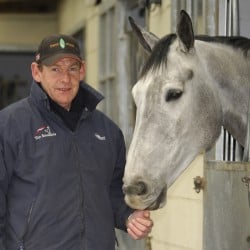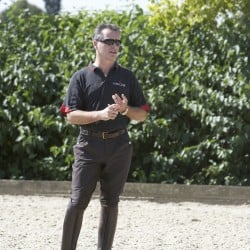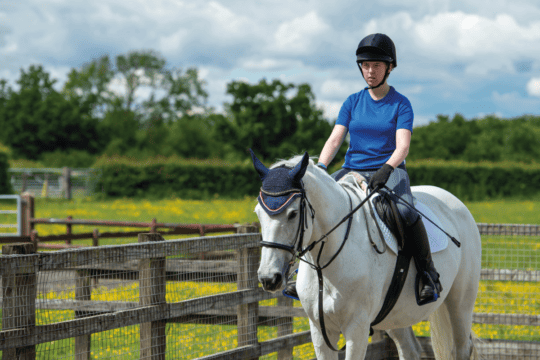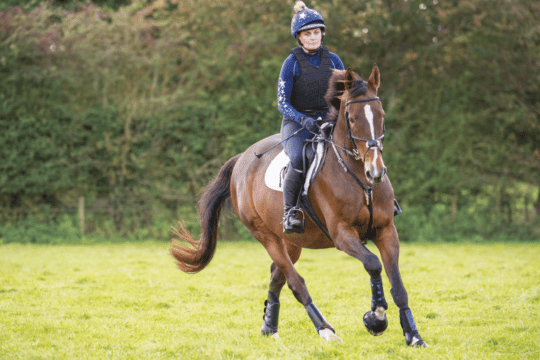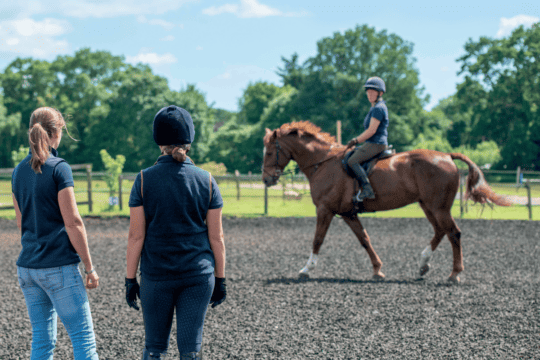Do you undermine your own success? Tracey Cole explains how a different way of thinking could transform your riding for the better
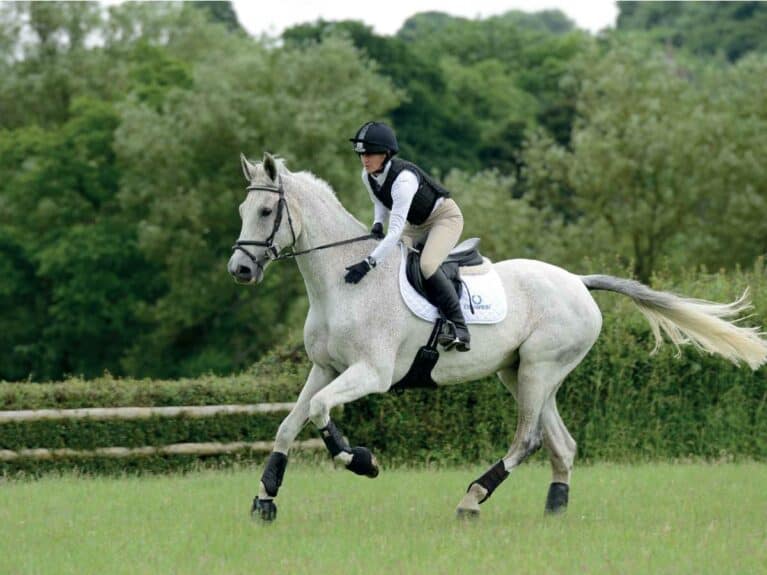
The power of a positive perspective has never been more regularly spoken about. We know that an empowering mindset can certainly affect your riding for the better, while a negative one is sure to do the opposite. Yet, the qualities that tend to tip us into the latter way of thinking are often so ingrained we barely notice we’re doing them.
So what if instead of condemning yourself to fail from the outset, you could set yourself up to succeed – which certainly sounds like a much better option? Let’s take a look at one of the qualities that might be hindering your progress.
Coming undone
Self-sabotage. It’s a term used to describe scenarios in which we hinder our chances of success and where we passively or actively create obstacles to our goals. When we sabotage ourselves, it’s not necessarily on purpose – we often don’t even realise we’re doing it – but bringing those habits and thoughts into our awareness really helps.
Only once you understand a pattern of thinking, where it starts and the behaviours it leads to, can you unpick and eliminate it. Knowing how the unconscious mind works really helps with this.
Without a second thought
The unconscious (or subconscious), which makes up 90-97% of the mind, is really in the driving seat. Unfortunately, it doesn’t follow logic or rational thought. Riders often try to solve a problem that’s lodged in their unconscious mind by using logic, but this becomes a very long, drawn process requiring tonnes of willpower and gritted teeth. Instead, to unravel a habit (either a physical one, like heavy hands, or a mental one, such as anxiety), we need to work the unconscious mind.
So, why does the mind allow bad habits and thoughts to continue? Quite simply because the unconscious isn’t judgemental. It doesn’t judge habits or emotions as helpful or unhelpful, it simply creates and recalls them until we override the programme.
This means we could be unwittingly working against a confident, resilient and healthy mindset. We allow our unconscious programmes to run, without ever updating the software.
What to do
Here are a handful of habits that might be unwittingly undermining your enjoyment of all things equine – and some tactics to help you overcome them…
1. Extract the emotion
Your unconscious mind takes everything very personally. Whether you talk about yourself or others, the unconscious thinks it’s all about you. If you’re unkind about yourself, your mind believes unreservedly what’s being said and stores away those words – they aren’t forgotten. However, it’s important to remember that the same thing is true if you or someone you’re talking to is unkind about someone else.
What to do Stop any gossiping, any unkindness about others and comparisons – they’ll only make you feel worse. Another person’s journey isn’t yours. Your own may be tougher, but the learning experience is deeper and more valuable!
2. Maximise mindfulness
The unconscious is lightning fast at establishing a habit. In fact, the mind will create whatever you focus on, which is important to remember. If you focus on the bad thoughts and feelings, your mind will ensure that it finds more reasons for you to feel the same way – you’ll be leaning towards glass half empty.
Your unconscious mind can’t distinguish a good habit from a bad one – it simply creates habits and associations rapidly. Anxiety and other negative feelings, beliefs and thoughts become habits. Despite wanting to be more confident, motivated, determined, happy and calm, the mind will focus on the negative feelings and bring those to the fore instead.
What to do Focus on the things you want to happen, and stop dwelling on the things you don’t. Anxiety’s a signal from the unconscious mind that you’re focusing on the things you don’t want. If you’re anxious about a particular jump on a course or corner of the school or part of a hack, compare the percentage of the ride that it takes up, then compare the percentage those thoughts take up in your mind.
3. Practise what you preach
The unconscious mind loves to serve – it’s utterly devoted to that. Therefore, you need to send your mind very clear, unambiguous instructions. For example, we often talk about what we don’t want to have happen, so instead begin to practise only talking about what you do want to have happen. Saying what you don’t want muddles the mind.
Another example of this is when we say, “part of me wants to do X and part of me wants to do the exact opposite”? Again, this is confusing. We need straightforward, clear instructions for the unconscious to understand.
What to do Reword what you want and make it a clear wishlist. If you can add pictures, sounds and feelings, these are so much more powerful and easily absorbed by the unconscious mind. Simple tweaks in the way we think can boost our mindset significantly. Changes in how we think, changes how what we believe about ourselves, which changes how we ride.
Our expert – Tracey Cole is an accredited trainer of neuro-linguistic programming (NLP), Time Line Therapy and hypnotherapy. She specialises in training equestrians and coaches to become qualified in mindset coaching.

